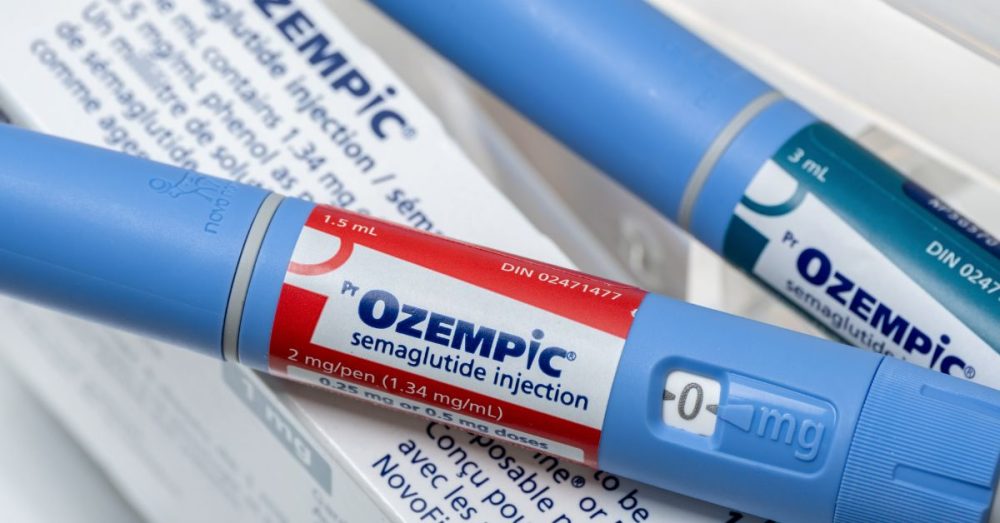New research suggests that popular weight-loss drugs like Ozempic may do more than aid in shedding pounds — they could also reduce the risk of colorectal cancer.
According to recent findings, medications in this drug class, known as GLP-1 receptor agonists, appear to lower cancer risk by impacting blood sugar and inflammation levels, both of which are associated with cancer development, the New York Post reported.
These drugs, initially designed to help manage Type 2 diabetes, mimic a hormone that regulates blood sugar and appetite. By improving insulin sensitivity and reducing inflammation, they may help prevent abnormal cell growth in the colon, a leading factor in colorectal cancer.
While the research shows promise, experts advise caution, noting that long-term studies are still needed to fully understand the connection between GLP-1 drugs and cancer prevention. Currently, the FDA has only approved these medications for diabetes and weight management, so cancer prevention remains an unapproved and investigational use.
The study’s findings add to the growing list of potential health benefits associated with GLP-1 drugs. However, doctors caution that anyone considering these medications should consult a healthcare provider to understand potential side effects and suitability for their health profile.
As the popularity of drugs like Ozempic rises, these potential additional benefits may encourage further research and possibly reshape preventive care strategies for colorectal cancer.
This article was written with the assistance of artificial intelligence.


